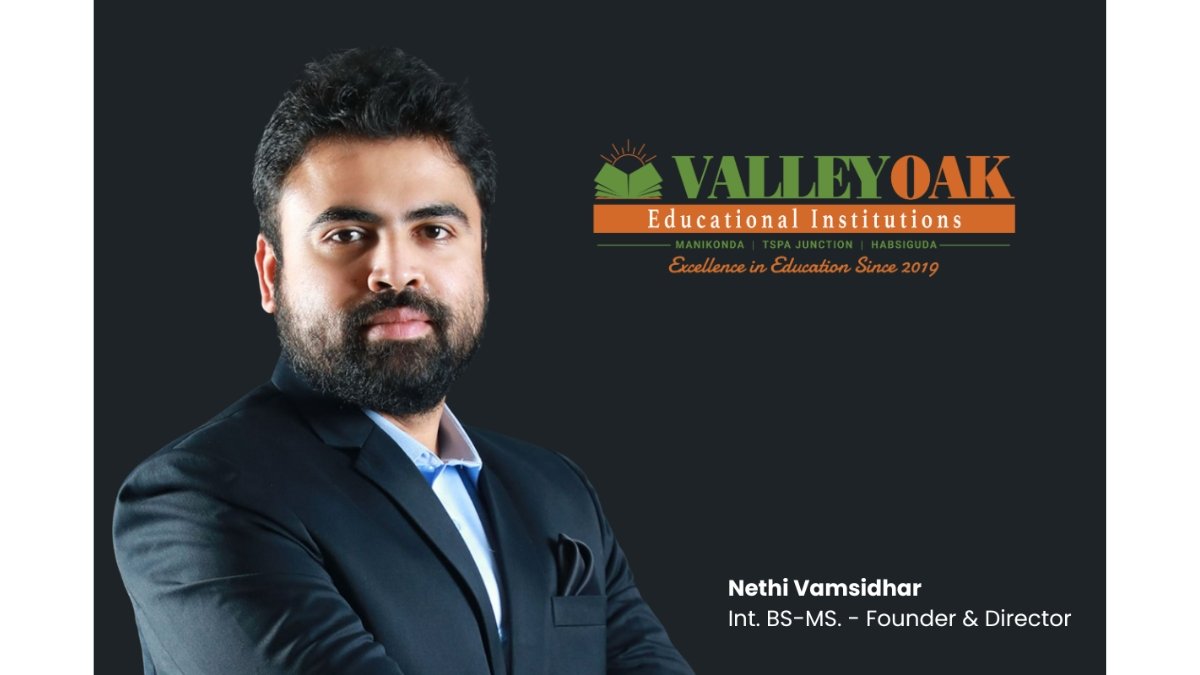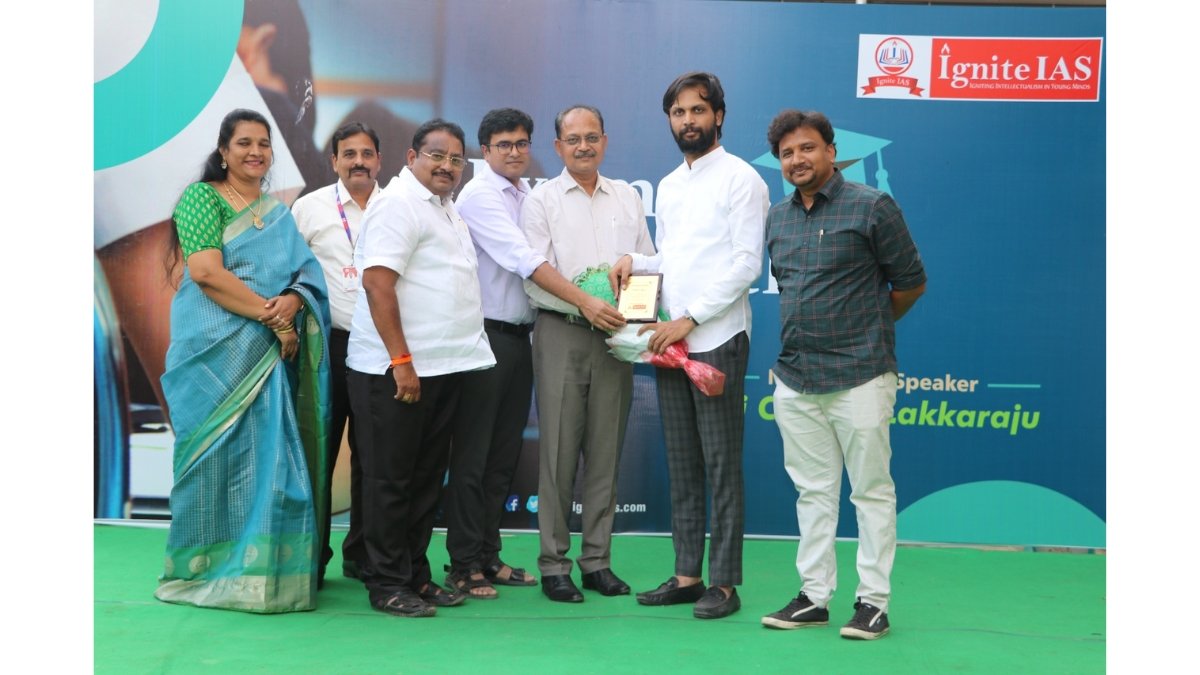
Ivy Central’s Class of 2028 Secures Impressive Early Wins at Top US Colleges and Universities

Dubai (UAE), December 29: As the initial rounds of college admissions decisions have been released, Ivy Central, a distinguished college counseling program, has announced its early successes for the 2023/2024 college admissions cycle. Ivy Central’s Class of 2028 has secured early wins at over a dozen Top Tier institutions, demonstrating the program’s commitment to mentoring students toward outstanding placements.
Among the impressive list of early wins for Ivy Central’s students are:
- Stanford University (2)
- Cornell University
- University of Chicago
- Johns Hopkins University
- Rice University
- Claremont McKenna College
Notably, the early applicants also won a combined total of $224,000 in merit scholarships, recognizing their achievements and academic potential by many top tier US institutions. Caroline Linger, Lead Counselor and Director at Ivy Central writes “With cost of attending some of the US universities hitting nearly $100,000 a year, making a US education affordable for international students is one of Ivy Central’s top priorities.”
Over the past decade, Ivy Central has achieved numerous successes, including admissions to Ivy League institutions and other top universities. Since 2015, Ivy Central students have won 153 Ivy League, 20 Stanford University, 6 Massachusetts Institute of Technology and 431 University of California seats.
The recent release of early decision and early action admissions decisions has revealed notable trends in the college admissions cycle for the Class of 2028. There has been a noticeable increase in the popularity of early application rounds over the years, indicating a growing trend among students to apply for early action or early decision. This shift can be attributed to the perceived benefits of higher acceptance rates in these early rounds, as they attract highly qualified applicants who demonstrate a strong interest in their chosen institutions.
Considering the early results from Ivy League and other top institutions for the Class of 2028, it is evident that acceptance rates are undergoing dynamic changes. Yale University, for instance, admitted 9.02% of early applicants, marking the lowest acceptance rate in its history. This follows a trend of steadily decreasing acceptance rates at the university for the past seven years. The simultaneous rise in the applicant pool witnessed not only at Yale but across the board, reflects the intensifying competition in early admissions.
Harvard University reported an acceptance rate of 8.7%, increasing from the previous year’s 7.5%. This is the first cohort of applicants admitted since the US supreme court outlawed the consideration of race in admissions. In contrast, MIT experienced a slight decrease in its Class of 2028 early acceptance rate, from 5.7% to 5.3%.
Dartmouth College saw a record-breaking early applicant pool of 3,550, resulting in an 18% acceptance rate compared to 19% the previous year. According to a report from Dartmouth College on early decision, Lee Coffin, Dartmouth’s Vice President and Dean of Admissions, stated, “The early volume was palpably different and very dynamic. We considered a bigger, deeper, and very talented pool of students who had declared Dartmouth as their first choice.”
The observations from the Class of 2028 admitted to these top universities contribute to a broader trend seen across various schools. Acceptance rates in early action/decision rounds are generally decreasing, potentially indicating heightened competition. Simultaneously, the applicant pools are expanding, reflecting an increased interest among students to secure their places in these prestigious institutions at the earliest opportunity.
If you have any objection to this press release content, kindly contact pr.error.rectification[at]gmail.com to notify us. We will respond and rectify the situation in the next 24 hours.



